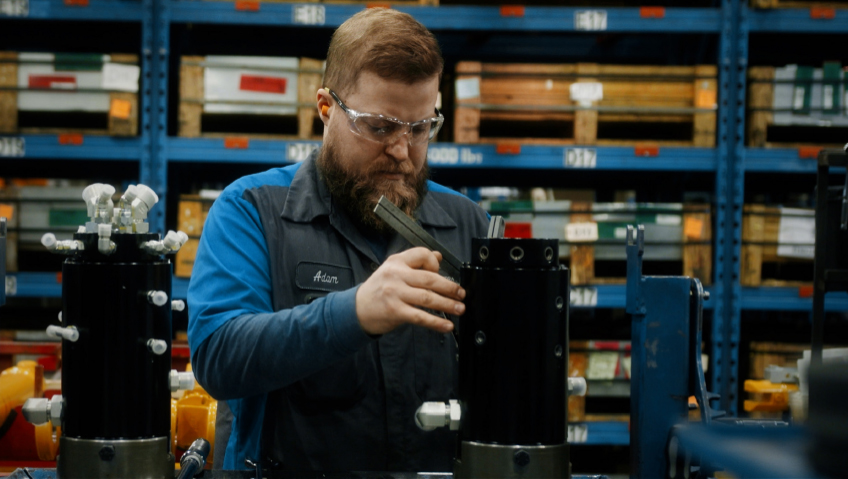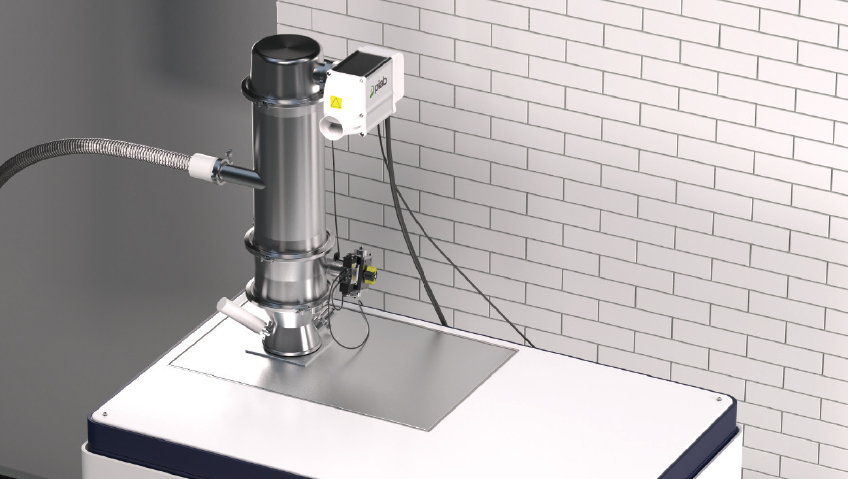Who hasn’t dreamed of inventing and manufacturing a product that’s not only beneficial but hugely successful, both personally and financially? When it comes to a start-up business, dreaming isn’t enough however, and while the road to riches may be long and challenging, seeing a solid, innovative idea migrate from inception to finalization is possible with smart planning, a little luck and lots of hard work.
Supply and demand
With numerous production options available such as laser cutting, 3D printing, and machining, choosing the most efficient methods to ensure the greatest possible results is paramount. To that end, before designing a new product, ensuring there is sufficient demand is vital. Understanding your target demographic’s needs, finding pain points, and developing products to address difficulties is always a good place to start, along with conducting thorough market research to help your firm stand out.
New products as start-ups means trial and error before achieving desired results, and before moving to full-scale manufacturing, creating a prototype is essential to both obtain feedback and test your new product. Taking the required time to obtain feedback on each prototype iteration during every stage of the development process will help produce a customer-pleasing product. You want to perfect the product before going into mass production, and working on a prototype allows you to go through numerous phases to get to the final shape.
The importance of designing for manufacturability in the product development process can’t be overstated. A brilliant and novel mechanism that promises to perform better in your end product is not necessarily viable if it drives manufacturing costs through the roof. Considering how something is built during the design process can save a lot of time and money, and it will affect the machining tools or manufacturing procedures required when it comes to production.
Most businesses complete prototyping and testing before assigning designers to make each component simple and cost effective to manufacture. A product’s bill of materials is typically made up of dozens of distinct components, many of which will come from multiple sources, which is why hiring a strong supply chain management is crucial. A knowledgeable supply chain professional can connect your team with relevant manufacturers and guide you through any potential snags or delays.
Trusting suppliers is an important part of the production process, and having a robust supply chain will help meet goals. Ask for references and conduct interviews with suppliers to find out if they’ll meet deadlines and be held financially liable for any delays, if they stand behind their products, if they have a project manager assigned to them, and their method of communication.
Building strong partnerships from the start can substantially assist your company’s entrepreneurial path and route to success.
Show me the money
Of course, you can’t forget about funding, which is a common stumbling block when attempting to bring any business idea to fruition.
Family and friends can be a good place to start as they might be more likely to believe in your goal than investors or banks. Banks that specialize in lending to small firms are an option, but they’re also generally wary of lending to small enterprises and it can be tough to meet requirements. Alternative loan businesses, on the other hand, may be better suited to helping get a business off the ground.
Trading equity, or paying for services or with shares of the business rather than cash, can be an effective funding alternative, but it has its risks – both financially and operationally in the long term. On the other hand, bootstrapping with personal funds can get the start-up moving, but that money typically must come from personal savings, low-interest or no-interest credit cards, or home mortgages and lines of credit – all which carry personal risks as well.
Entrepreneurial accelerators and incubators involve part shared workstation, part mentorship development center, combining the best of both worlds where young firms can get a solid start while collaborating with some knowledgeable people.
Alternatively, if you have a brilliant concept and are good with social media, crowdfunding websites like Kickstarter might be a viable option, while small businesses established by women, minorities, or veterans may be eligible for grants from Small Business Administration and other organizations.
Maintaining your day job might also be a viable – and wise – decision. If you currently have work that pays your bills, it might be smart to keep it instead of rushing to pursue risky entrepreneurial goals. It might take a bit more time to get your business off the ground, but growing slowly through the early, precarious stages might allow you to start with fewer compromises and remain true to your vision without succumbing to early financial pressures.
Of course, developing a rock-solid business plan is key, no matter what product you’re creating. Some manufacturing start-ups have a lot of potential to evolve into successful businesses, but chances are slim without a good strategy. Writing a comprehensive business plan will lead you through the process of starting and maintaining the business, as well as its planned growth and other goals.
A long-term plan should include information on product forecasts, material suppliers, marketing tactics, and the company’s ethical position. It will also detail your intentions for collaborating with other manufacturers and companies in your field, as well as your estimated workforce and how you want to treat them and your customers or clients.
With a plan in place, you’ll need to figure out how to obtain the required resources. One of the best methods to ensure your company stands out from the competition is to use ethical sourcing, with an emphasis on lean manufacturing and lean business principles. By utilizing high-quality industrial equipment and prioritizing environmental sustainability in all operations, as well as social justice for employees and customers, your company will stand out and rise above.
Businesses and employers who care about their employees, clients/customers, and the environment will be noticed for treating resources well, earning you a well-deserved reputation, and putting your manufacturing firm on the road to success.
Seeking support
When in doubt, it never hurts to ask for help, especially from those with experience. While independence is admirable, learning the ins and outs, and more importantly, the pitfalls of all things involved in start-ups can save a lot of heartache (and money) down the road.
Find a friend, colleague or expert who either has start-up experience or works in manufacturing or logistics to discuss plans and be sure to listen to constructive feedback to help you see the big picture.
Finding a manufacturer that meets all of your requirements is a time-consuming and difficult task, but it’s worth the extra effort to ensure a good fit. Essentials often include one that is fully authorized with a positive reputation; has a good legal track record; offers an effective price-point with a line of production that’s dependable; creates good product quality on a regular basis; will meet needs by a minimal order, and if necessary, is able to scale up output as your start-up grows.
It can be difficult to know whether to hunt for a manufacturer in your own country or elsewhere, but be sure to consider local options. Offshoring was the only way to compete for a long time in the manufacturing industry, but that is changing in North America, and one should not only consider cost per unit. Keep in mind deliver costs and potential delays, versus dependability and the value of local support.
Many businesses are founded by people who have a true passion for something in life, and capitalizing on that enthusiasm allows them to make money doing what they enjoy. In the end, the possibilities for start-ups to manufacture products are limited only by imagination, willingness to learn, and the ability to use the correct technologies to create the finest product possible. A solid business plan, advice from those who have succeeded (and even those who failed) can help new companies stand out and impress customers, giving your new business the best chance of success.






